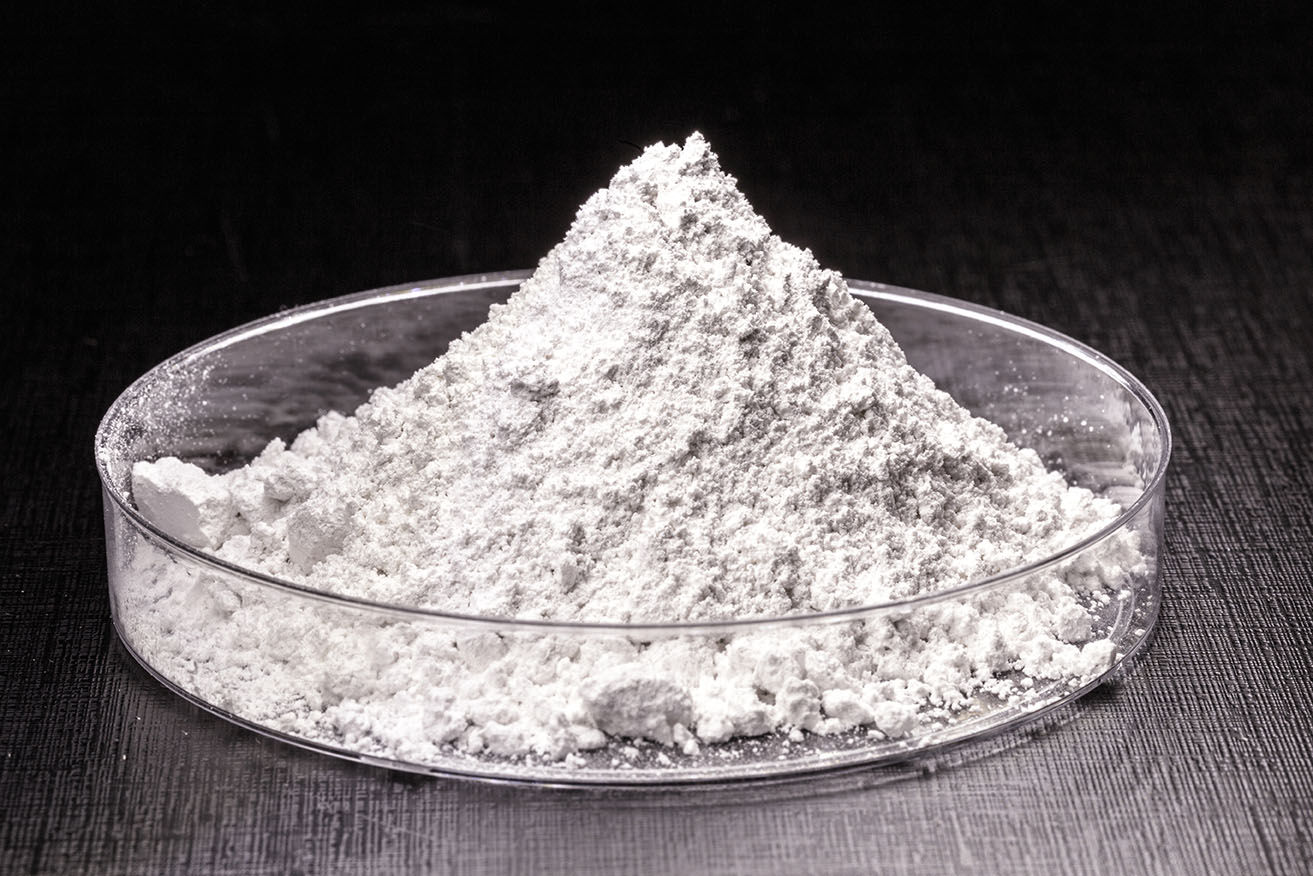
chloride
Definition
Chloride is an ion with a single negative charge. It is made up of one chlorine atom and one electron. Chlorine is a halogen, which means that it is a member of a group of elements that are very reactive and chemically similar to each other.
Chloride is a very common ion in nature. It is found in the oceans, in rocks, and in the human body. It is also used in a variety of industrial and commercial applications.
In the human body, chloride is an important electrolyte. Electrolytes are substances that help to regulate the body's fluids and electrical balance. Chloride is also important for digestion and for the production of hydrochloric acid in the stomach.
Chloride is a relatively safe substance. However, high levels of chloride in the body can be harmful. This can happen if you drink too much salt water or if you have a medical condition that causes your body to lose too much chloride.
Here are some of the key properties of chloride:
- Symbol: Cl
- Atomic number: 17
- Atomic mass: 35.453
- Charge: -1
- Colour: Pale yellow-green
- Melting point: -101.5 °C
- Boiling point: -35.0 °C
How can the word be used?
The chloride ion is a negatively charged ion.

Different forms of the word
Noun: chloride (plural: chlorides).
Adjective: chloridic.
Verb: to chloride.
Etymology
The word chloride comes from the Greek word chloros, which means green. The word chloride was first used in English in the 18th century to refer to a compound of chlorine and another element.
Question
Why is chloride important in the human body?
AQA Science Exam Question and Answer
Question:
What are some of the uses of chlorides?
Answer:
Chlorides are compounds that contain chlorine. Chlorine is a highly reactive element, and it forms chlorides with many other elements. Chlorides are found in a wide variety of materials, including salt, seawater, and many industrial products.
Some of the uses of chlorides include:
Salt: Salt is a major source of chlorides. It is used in food, as a preservative, and in many industrial processes.
Seawater: Seawater contains about 2% chlorides. These chlorides are essential for marine life.
Industrial products: Chlorides are used in a wide variety of industrial products, including plastics, rubber, and fertilizers.
Medicine: Chlorides are used in some medicines, such as laxatives and diuretics.
Chlorides are an important part of our world. They are found in many materials, and they have a variety of uses.